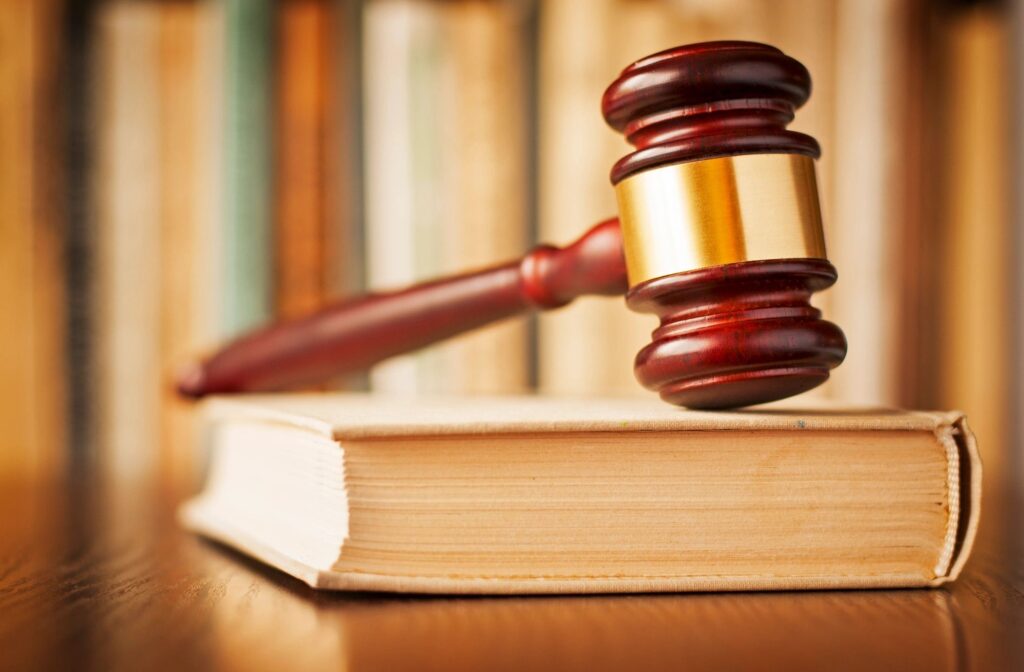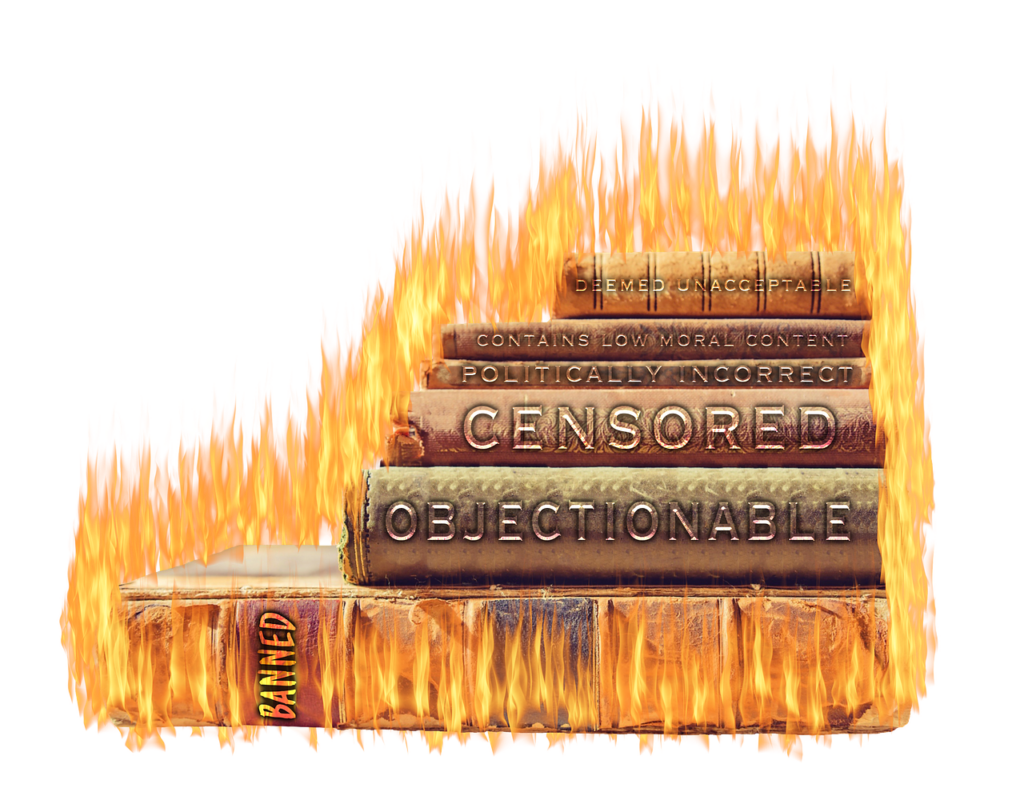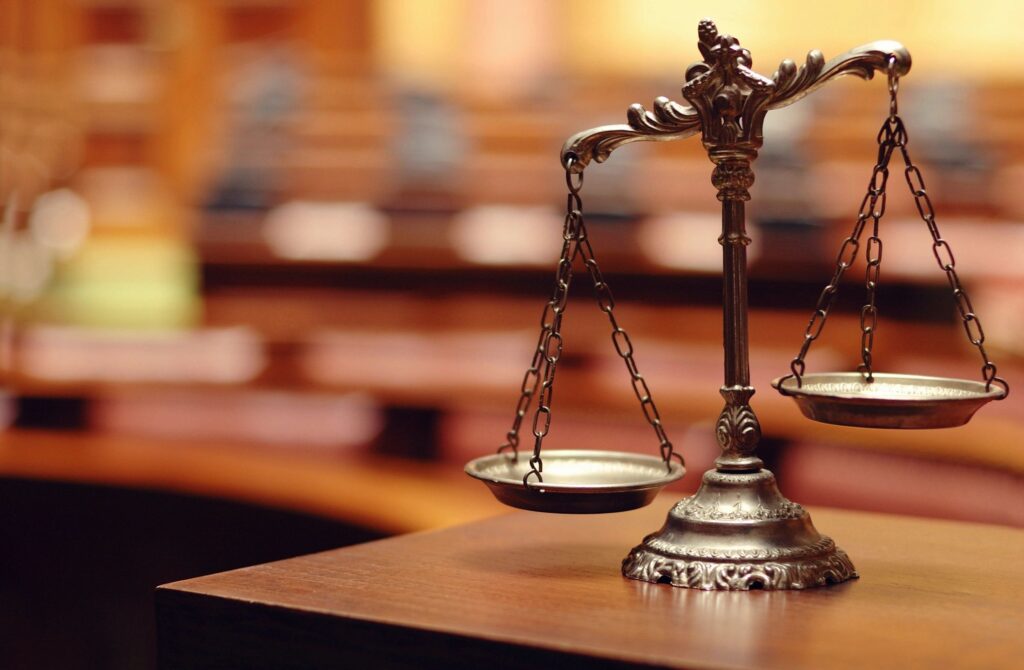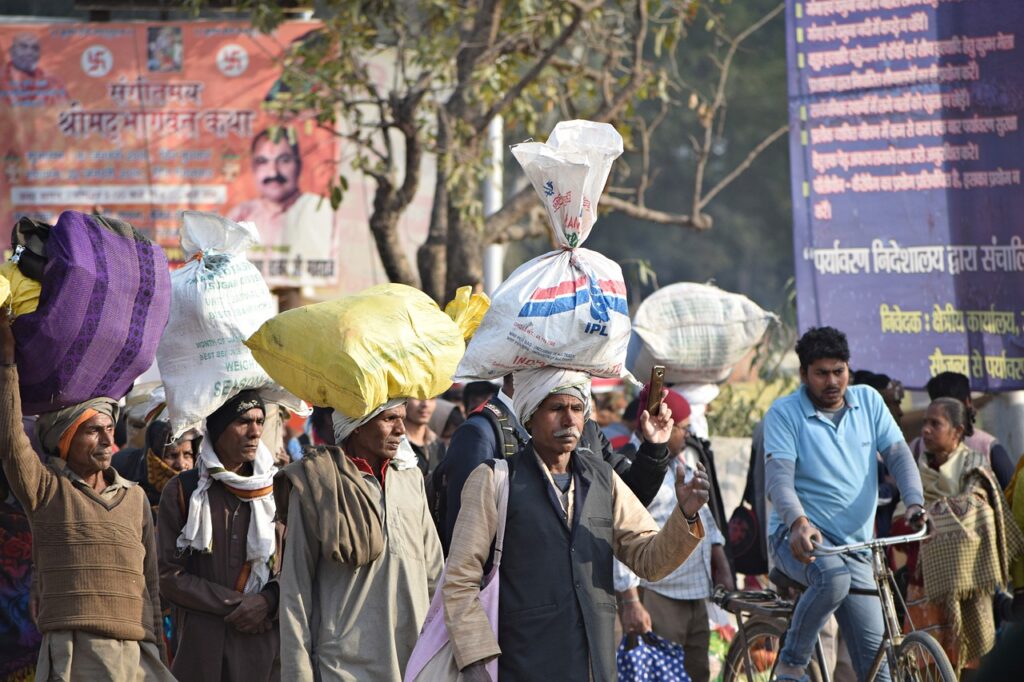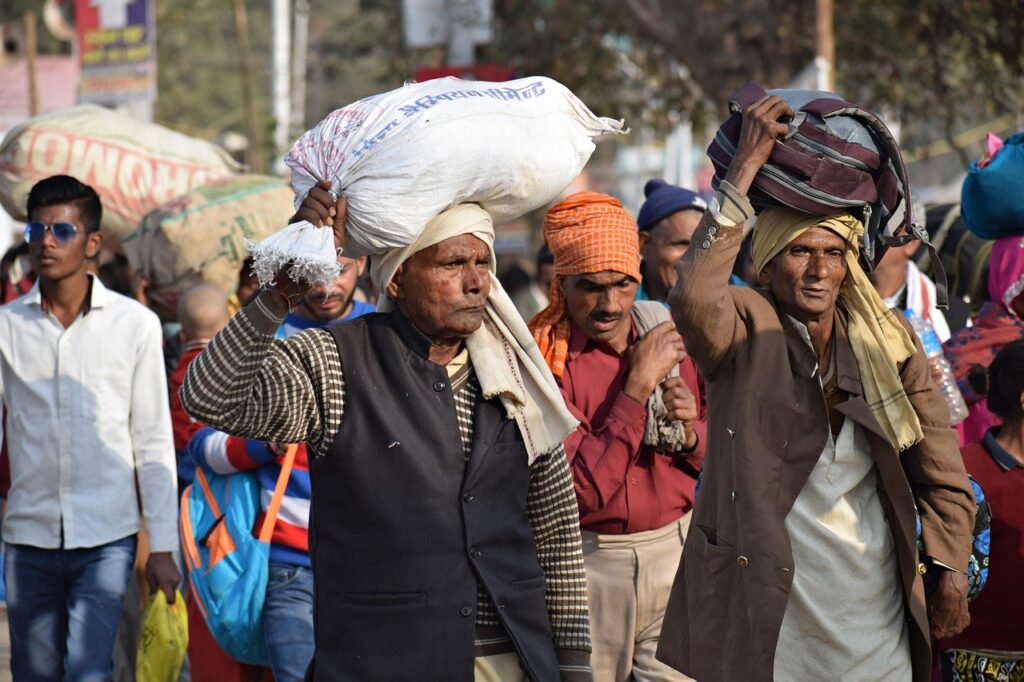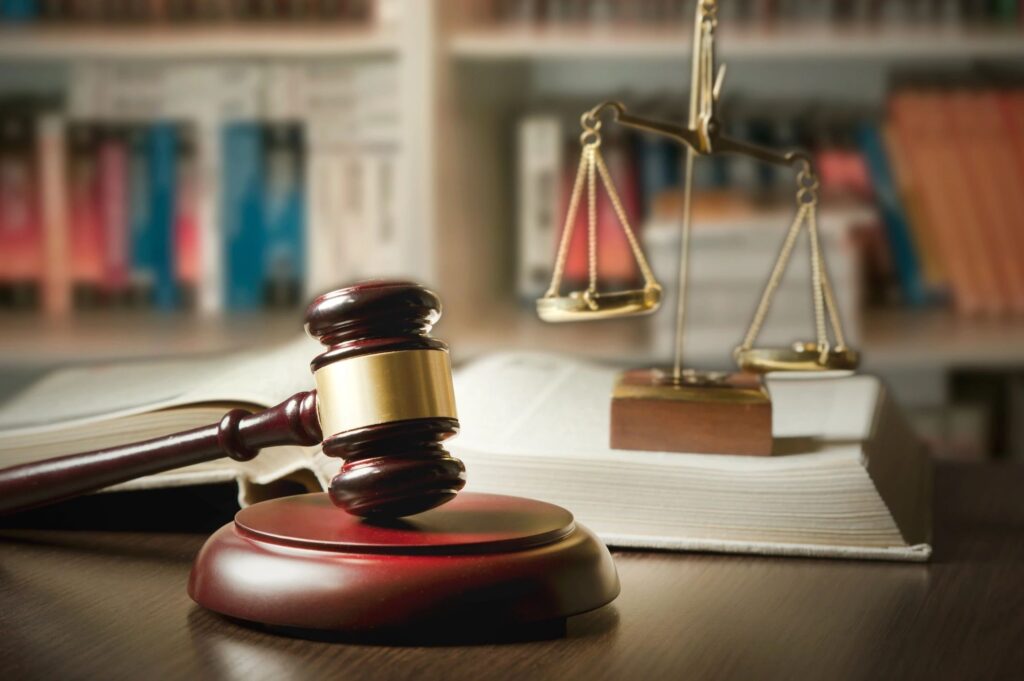In many democracies, judges are appointed by the executive, but in India, judges appoint other judges through the collegium system. Both systems have flaws. Allowing the executive to appoint judges can lead to pressure on judges to please the government. The collegium system, however, lacks transparency.
Posts tagged as “supreme court”
The Constituent Assembly had excluded the sedition law from the original Constitution, since several members were deeply concerned by how vague and unrestrained it is. Even other countries that used to have a sedition law have since repealed it. India's continued use is a betrayal of the freedom struggle.
In 2019, the Indian government ordered an internet shutdown a whopping 103 times on various occasions. Multiple High Courts, most recently in Uttar Pradesh and Assam, have ruled that internet shutdowns violate fundamental rights. Yet, in Jammu and Kashmir, there has been no respite. Why?
Editor-in-Chief Mohamed Zeeshan spoke with Jayna Kothari, a senior advocate in the Supreme Court of India, regarding the contrasting attitudes of the Supreme Court and the High Courts towards internet bans, equitable access to legal aid, and much more.
A furtive finger is placed on the lips of dissent in India. The government does this through malicious FIRs for sedition and defamation. In the Supreme Court, the government called its critics "prophets of doom". But such censorship is also done by fellow citizens.
Former Supreme Court Judge, Justice Gopala Gowda, writes that the Supreme Court's infamous response to the migrant worker crisis during COVID-19 will be remembered as its darkest moment – even superseding its actions during the Emergency.
Editor-in-Chief Mohamed Zeeshan spoke with Honourable Justice V Gopala Gowda, a retired Judge of the Supreme Court of India, regarding lawmaking under single-party majorities, the independence of the judiciary, judicial reform, and other key issues concerning the judiciary.

